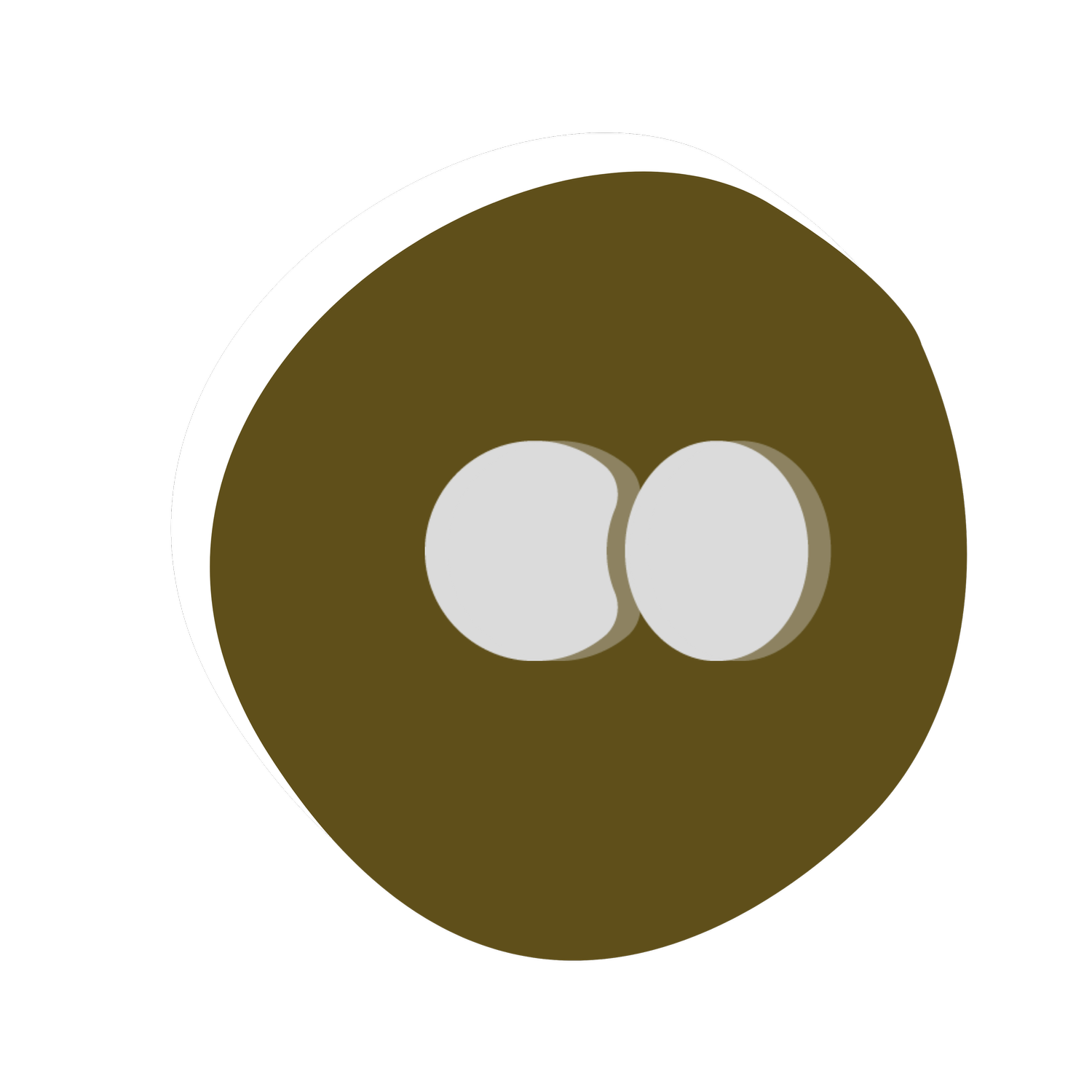What is B12?
B12 is used in the synthesis of myelin, a vital component of the neurons which allows impulses to be transmitted quickly. It is also vital in the production of red blood cells and DNA, so plays an extremely important role in our well-being. It is, for humans, the only vitamin that must be sourced from the diet. This is usually achieved from animal products, but can be from supplements. Those on a plant-based or vegan diet are therefore at a higher risk of B12 deficiency than their non-vegan counterparts.
What can happen if I don’t get enough B12?
It’s not good. A lack of B12 can cause irreversible damage to the nervous system. A mild deficiency can also result in numerous symptoms such as weakness, fatigue, lightheadedness, dizziness, breathlessness, headaches, mouth ulcers, decreased appetite, stomach upset, and balance issues. It can also cause muscle weakness, depression, memory problems, poor reflexes, confusion, pale skin, and abnormal sensations, especially in elderly patients. Additionally, a lack of Vitamin B12 might lead to psychological issues, not limited to psychosis. Other complications include weakened immunity, reduced fertility, and disrupted blood circulation in women.
How does that happen?
B12 deficiency can stem from poor absorption or interaction with medications. But by far the most common cause of deficiency is a lack of dietary intake. As is it not found in a vegan diet, vegans can become deficient quickly. A recent study of a relatively small sample size showed that around 20% of adult plant-based males are B12 deficient [1] although other studies have shown that up to 80% of vegetarians are deficient [2] .
How do I prevent deficiency?
[1]https://www.researchgate.net/publication/45279123_Serum_concentrations_of_vitamin_B12_and_folate_in_British_male_omnivores_vegetarians_and_vegans_Results_from_a_cross-sectional_analysis_of_the_EPIC-Oxford_cohort_study
[2]https://academic.oup.com/nutritionreviews/article/71/2/110/1940320?login=false
